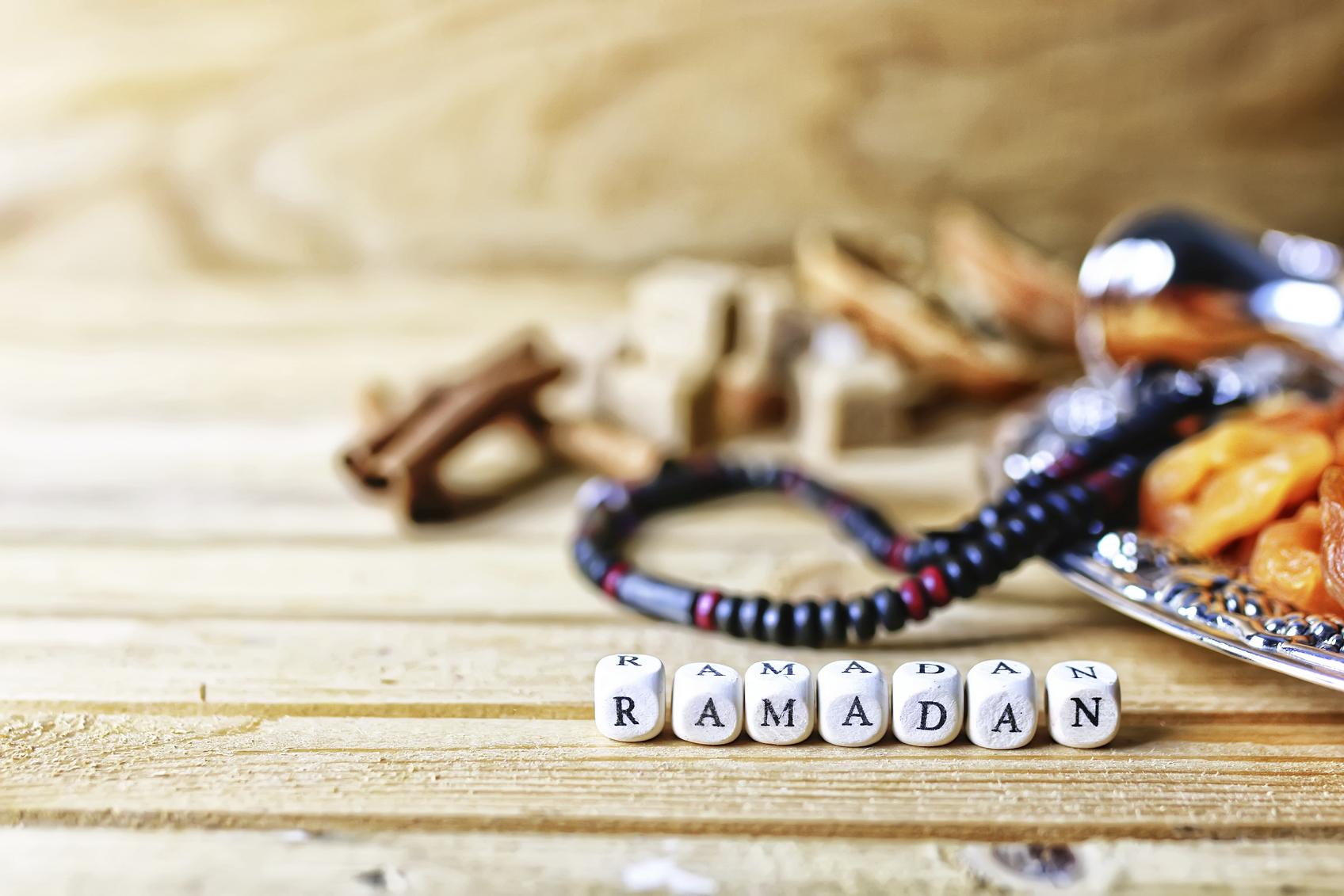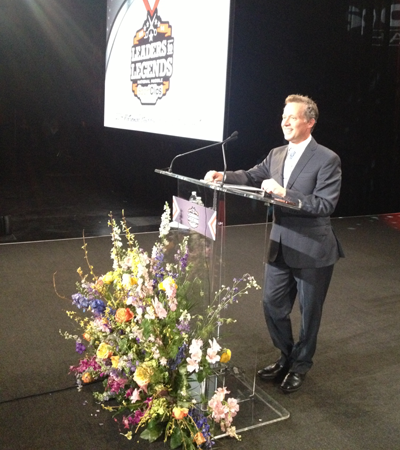There are approximately 1.6 billion Muslims, 22% of the world’s population, which means Ramadan is a big part of many people’s lives, probably several people you know. In the meetings and events industry, it’s also a unique time because it directly involves the consumption or non-consumption of food.
What is Ramadan About?
Broadly speaking, Ramadan is a month-long way to cultivate self-discipline, a sort of spiritual detox, that brings about good habits of worship and day-to-day practices to be carried out throughout the year. “The fast is performed to learn discipline, self-restraint, and generosity, while observing God’s commandments,” according to the Council on Islamic-American Relations (CAIR).
Of course, many other religions integrate fasting or food-based rituals into their religious practices and observances. Yom Kippur includes fasting for atonement. For Lent, Catholics will fast to get closer to God. Fasting is one the tenants of Ramadan, which means no eating or drinking (even water) between sunrise and sunset. Some Muslim-majority countries ban eating and drinking in public for all residents, even non-Muslims, and most restaurants are closed during daylight hours.
The practice is based on the lunar cycle, so it changes year to year and depending on your location, but this 2016 those of Muslim faith in the Northern Hemisphere will celebrate the month long holiday beginning the evening of Sunday, June 5th through Tuesday, July 5th.
Here Are a Few Ramadan Facts
- While everyone should go about their day-to-day activities, try to avoid scheduling working lunches or business dinners. Go ahead and have regular meetings with food services available, but avoid typical food-centric events.
- Ramadan isn’t all about abstinence. It’s about the practice and ritual of fasting. Ramadan includes post-sunset dinners called “Iftar,” the fast-breaking meal, which are often communal and can be decadent feasts.
- Ramadan is not a weight loss fast. Do not compare the two. Saying something like, “I need to join you. I want to lose weight,” is not solidarity with those practicing the tenets of the most sacred month of the Muslim year. It’s uneducated. And because of the late night eating and long periods without food or water, weight gain is a common result of Ramadan.
- Ramadan is for people who are healthy enough to participate, and there are exceptions granted according to the Muslim faith. Those who are ill, pregnant, breastfeeding, menstruating, and anyone pre-pubescent do not need to participate. The spiritual benefits of fasting can be observed by feeding a needy person for a month.
- Ramadan officially ends with a three-day celebration called Eid al-Fitr, the Festival of Breaking Fast. A common food for breaking fast, whether in the evening at iftar, or at the festival, Eid al-Fitr, is to eat dates and other fruits.
While non-Muslims are not expected to avoid food and drink in front of Muslims on Ramadan, common courtesy would dictate that some adjustments and accommodations be made. As mentioned, avoid working meals so those fasting won’t feel or look singled out. Know that the fast lasts from sunrise to sunset every day during Ramadan. There are opportunities to celebrate, such as the communal breaking fast evening meal, Iftar, and the three-day festival, Eid al-Fitr, where food is a celebrated religious and cultural experience throughout many international communities.



